The Importance of Regular Septic Cleaning: Comprehensive Guide
Importance of regular septic cleaning is essential for maintaining a healthy and efficient septic system. Homeowners and business owners alike need to understand the significance of this often-overlooked maintenance task.
Key Takeaways
- Septic cleaning prevents system failures, which can lead to costly repairs.
- Regular maintenance extends the lifespan of your septic system.
- Protects the environment by preventing contamination of groundwater and soil.
- Improves system efficiency and prevents unpleasant odors.
- Saves money by reducing the need for emergency services and repairs.
Why the Importance of Regular Septic Cleaning Matters
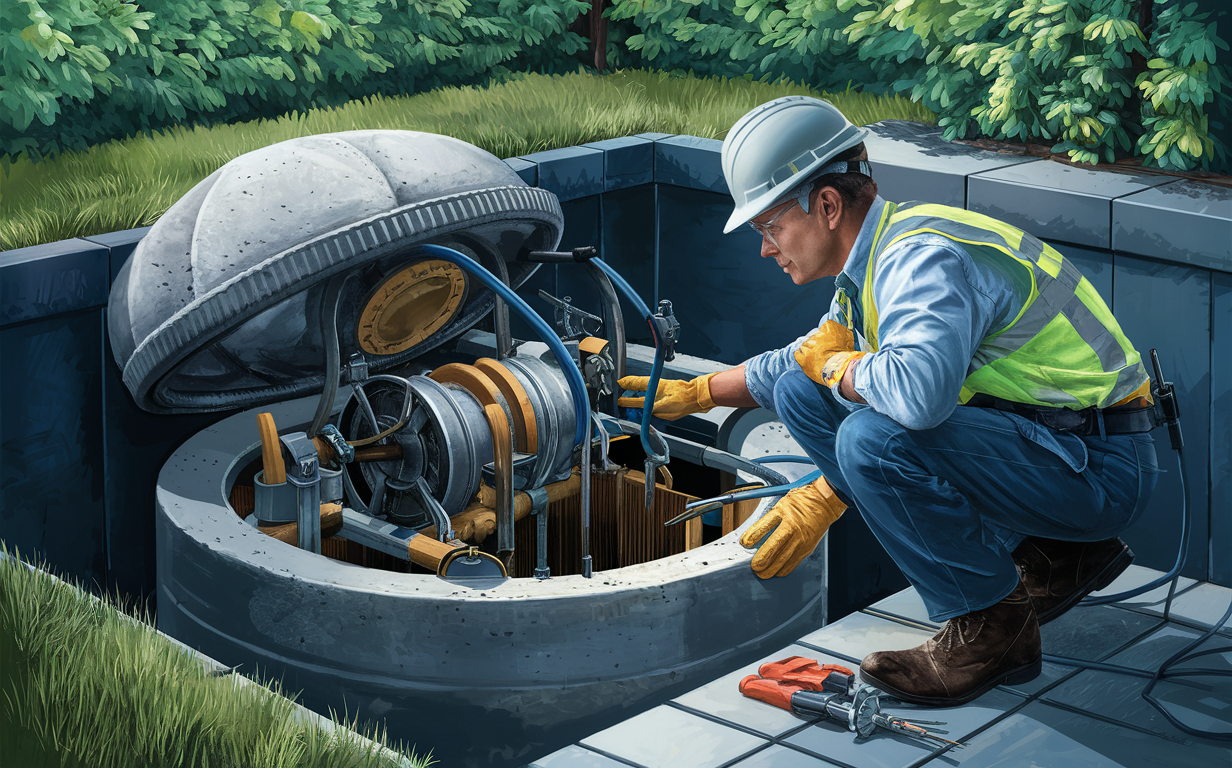
Prevent Costly System Failures
A neglected septic system can lead to severe issues, including backups and system failures. When solid waste builds up and clogs the tank, it can cause wastewater to overflow. This not only creates an unpleasant mess but also can damage plumbing and the septic system itself. Routine cleaning ensures that the system functions correctly, avoiding such costly disruptions.
Extend the Lifespan of Your System
Septic systems are a significant investment. The importance of regular septic cleaning helps in maintaining the components of the system, such as the tank, pipes, and drain field, in good condition. Regular maintenance can extend the life of your septic system by years, saving you from premature replacement costs.
Protect the Environment
The Importance of Regular Septic Cleaning is designed to treat wastewater before it returns to the environment. However, when a system is not maintained, it can fail to treat the water properly. This can lead to the contamination of nearby soil and water sources, which poses a health risk to people and animals. The Importance of Regular Septic Cleaning ensures that the system can do its job effectively.
Improve System Efficiency
The Importance of Regular Septic Cleaning works more efficiently. Regularly pumping out the tank removes the buildup of solids that can clog the system. This allows for better water flow and filtration, preventing slow drains and backups. An efficient system is less likely to experience issues and requires fewer repairs.
Save Money
While the Importance of Regular Septic Cleaning does represent an ongoing cost, it is minimal compared to the expense of major repairs or system replacement. Regular maintenance identifies minor issues before they become significant problems, saving you money in the long run.
Signs That Your Septic System Needs Cleaning
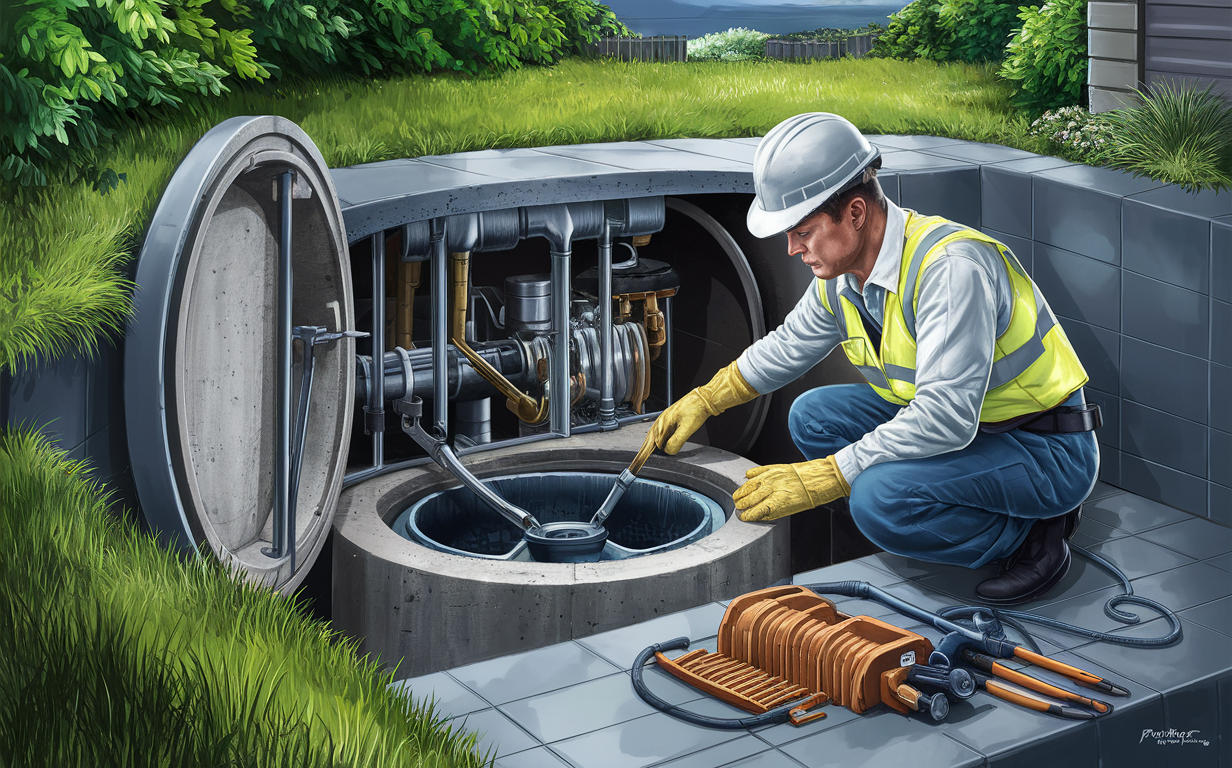
Slow Drains
One of the earliest signs that your septic tank needs cleaning is slow-draining sinks, bathtubs, and toilets. If you notice water pooling or taking longer than usual to drain, it could indicate that your tank is full and needs to be pumped.
Unpleasant Odors
Foul smells coming from your drains or around your septic tank area are a clear sign of trouble. These odors occur when waste can no longer be properly contained due to an overfilled tank.
Pooling Water
If you see standing water or soggy areas in your yard, particularly around the drain field, it may be time for a septic cleaning. This can indicate that the tank is overflowing and needs immediate attention.
Gurgling Sounds
Strange gurgling noises from your plumbing system can also indicate that your septic tank is full. This happens because the waste has no place to go, causing air to be trapped in the pipes.
Regular Maintenance Schedule
It’s generally recommended that homeowners have their septic tanks inspected and pumped every three to five years. However, the exact frequency can vary depending on the size of the tank and the number of people in the household.
| Recommended Septic Pumping Frequency |
|---|
| Number of People |
| — |
| 1-2 |
| 3-4 |
| 5-6 |
| 7+ |
DIY vs. Professional Septic Cleaning
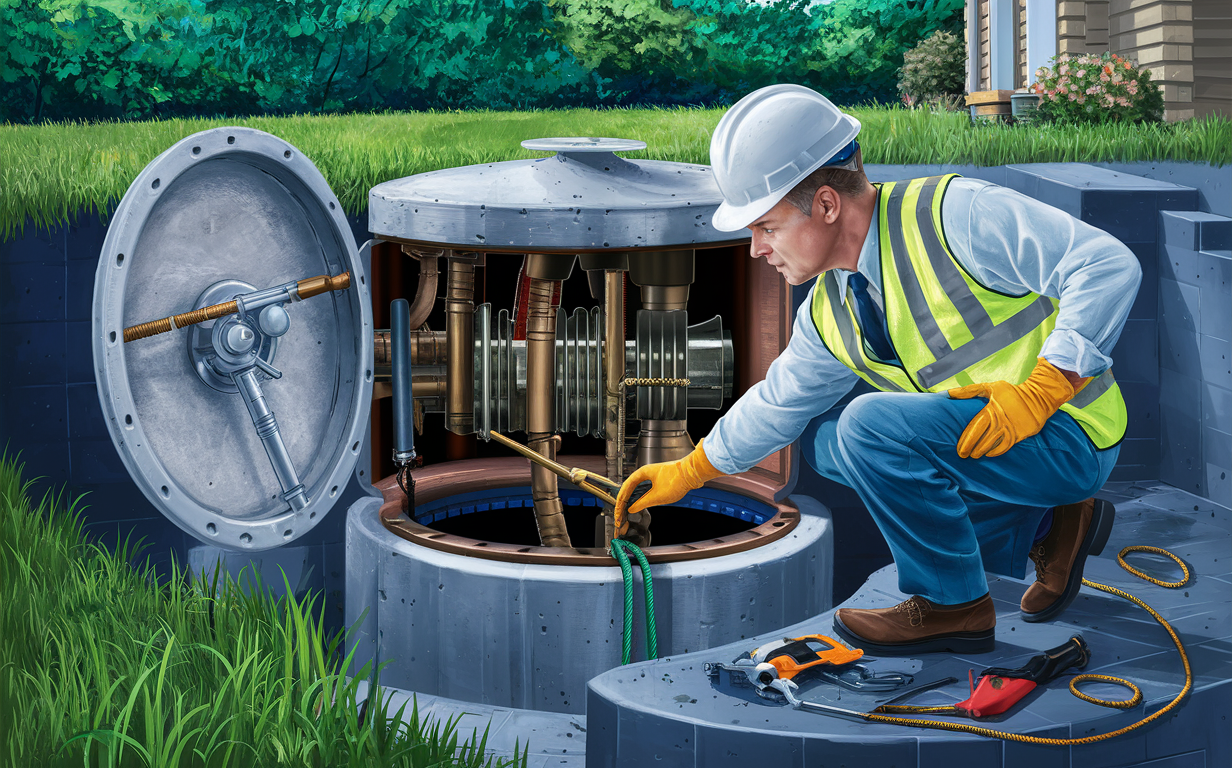
While some homeowners might be tempted to clean their septic systems themselves, it is generally advisable to hire professionals. Septic cleaning involves specialized equipment and expertise to do correctly. Professionals can ensure that the entire tank is cleaned and that any issues are identified and addressed promptly.
Benefits of Hiring Professionals
- Expertise: Professionals have the knowledge and experience to handle all types of septic systems.
- Equipment: Specialized vacuum trucks and tools ensure thorough cleaning.
- Safety: Handling septic waste can be hazardous; professionals have the proper safety gear and protocols.
- Compliance: Professionals are familiar with local regulations and ensure that waste is disposed of correctly.
Steps in Professional Septic Cleaning
- Inspection: The technician will inspect the system to assess its condition.
- Pumping: The tank is pumped to remove all solid and liquid waste.
- Cleaning: The tank is thoroughly cleaned, including the walls and baffles.
- Inspection: A final inspection ensures the system is in good working order.
Best Practices for Maintaining Your Septic System
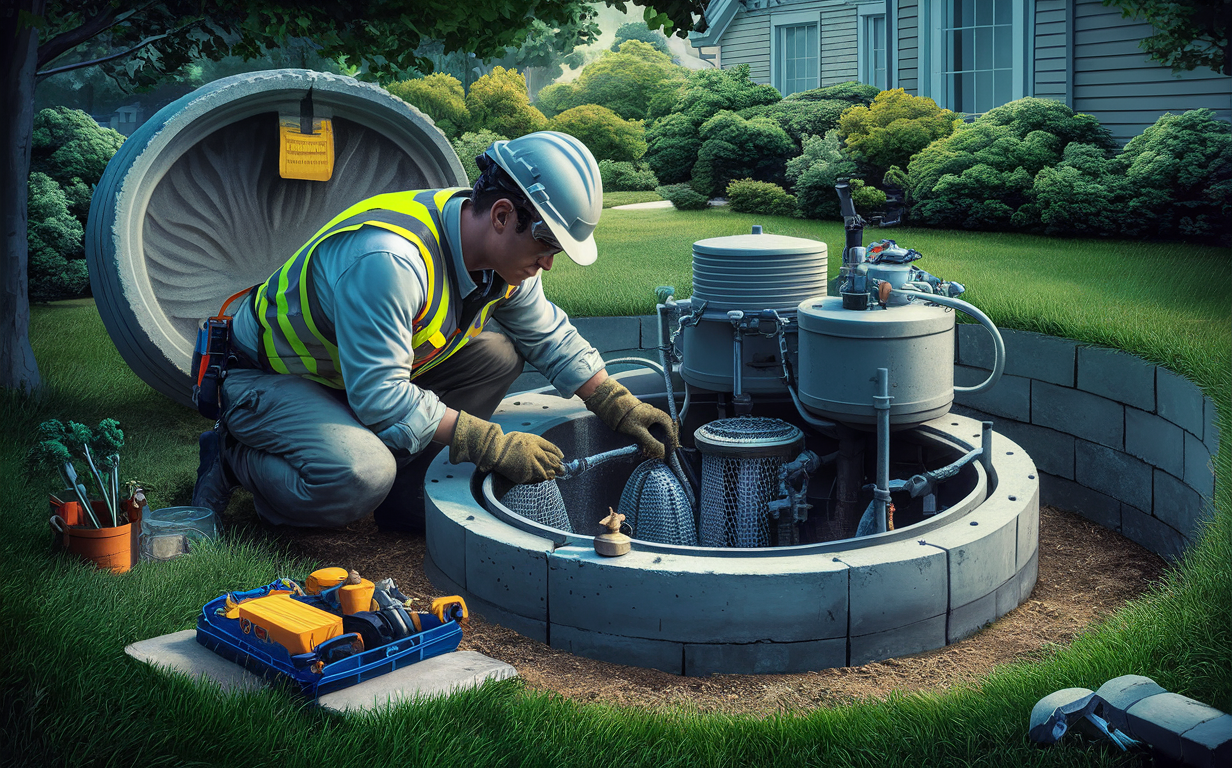
Use Water Efficiently
Reducing water usage can help maintain your septic system. Excessive water can overload the system, causing it to fail. Simple steps like fixing leaks, installing water-saving fixtures, and spreading out laundry loads can make a big difference.
Proper Waste Disposal
Be mindful of what goes down the drain. Avoid flushing non-biodegradable items, such as diapers, feminine hygiene products, and wipes, as they can clog the system. Also, avoid pouring chemicals, oils, and grease down the drain, as they can harm the septic system.
Regular Inspections
In addition to regular cleaning, schedule periodic inspections of your septic system. Inspections can help identify potential issues before they become severe, allowing for timely repairs and maintenance.
Environmental Impact of Neglected Septic Systems
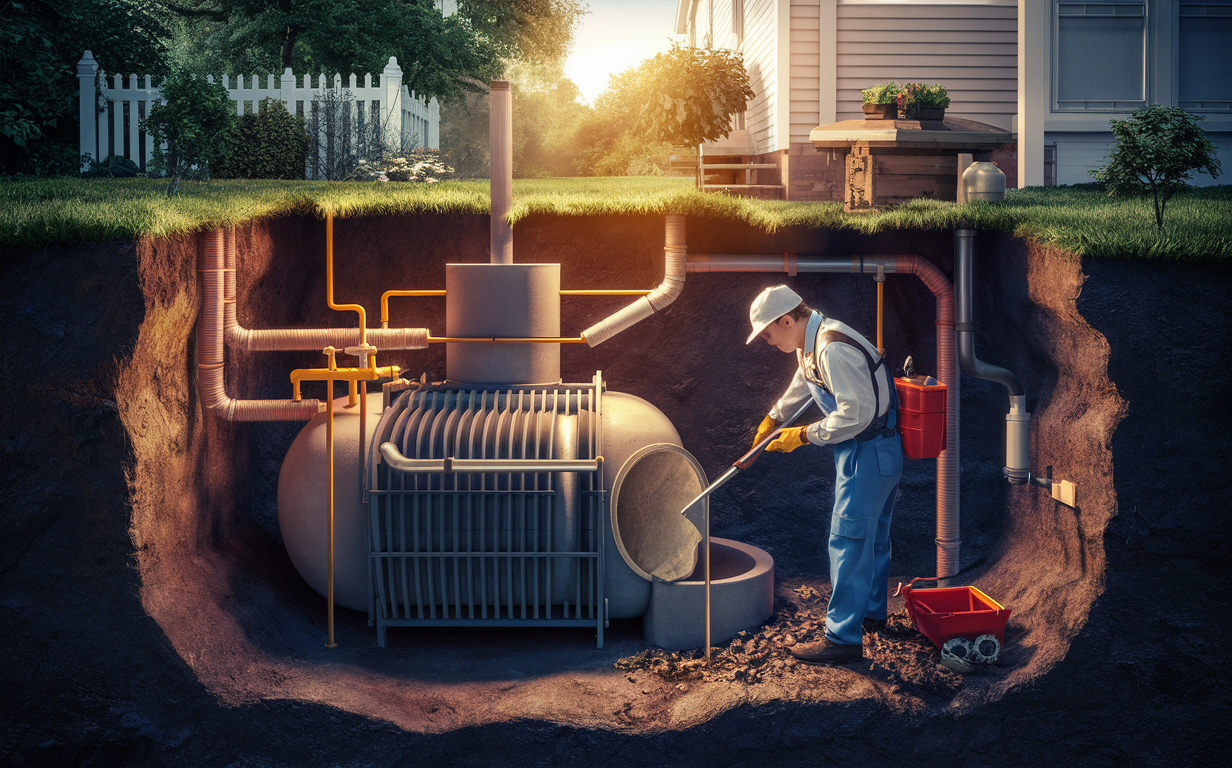
Groundwater Contamination
A failing septic system can release untreated wastewater into the ground, leading to the contamination of groundwater supplies. This can be particularly dangerous if you rely on a well for drinking water.
Soil Degradation
Untreated wastewater can also harm the soil, reducing its fertility and potentially harming plant life. This can lead to long-term environmental damage that is difficult to reverse.
Public Health Risks
Contaminated water and soil can pose significant health risks to the community. Harmful bacteria and pathogens can spread, leading to various illnesses. The Importance of Regular Septic Cleaning helps prevent these risks by ensuring that the system functions correctly.
| Environmental Impact of Neglected Septic Systems |
|---|
| Issue |
| — |
| Groundwater Contamination |
| Soil Degradation |
| Public Health Risks |
| Waterway Pollution |
Key Takeaways
- The Importance of Regular Septic Cleaning is essential for preventing system failures and costly repairs.
- It extends the lifespan of your septic system, protecting your investment.
- Maintains environmental health by preventing contamination of soil and water.
- Improves system efficiency and prevents unpleasant odors.
- Saves money by reducing the need for emergency services and repairs.
Final Thoughts: Taking Action

The Importance of Regular Septic Cleaning is not just a recommended practice; it is a crucial responsibility for anyone with a septic system. By adhering to a regular maintenance schedule, you can ensure the longevity and efficiency of your system, protect the environment, and save money in the long run. If you haven’t scheduled your septic cleaning yet, it might be time to do so.
Stay Proactive
Being proactive about the Importance of Regular Septic Cleaning maintenance is the key to avoiding costly repairs and environmental damage. Make septic cleaning a regular part of your home maintenance routine and enjoy the peace of mind that comes with a well-maintained system.
For more information or to schedule a septic cleaning, contact Texway Wastewater Services at (817) 889-4007. Our team of experts is here to help you with all your septic and wastewater needs.

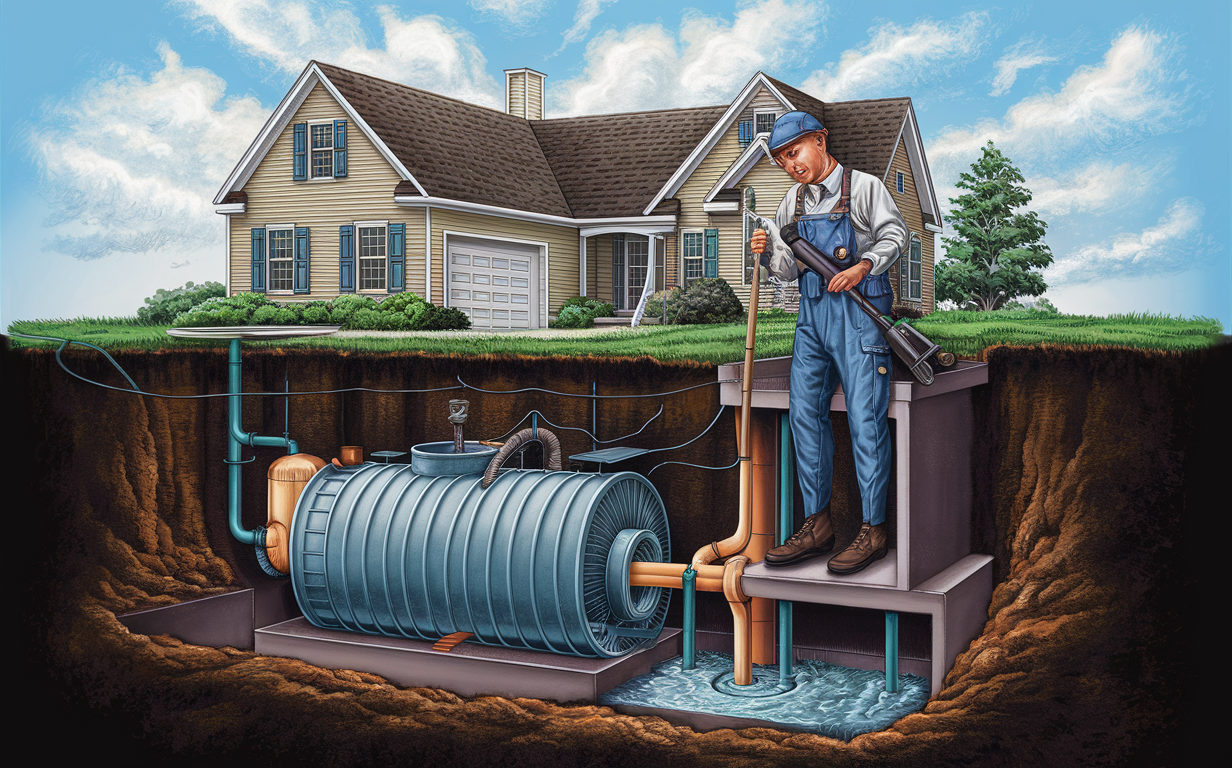

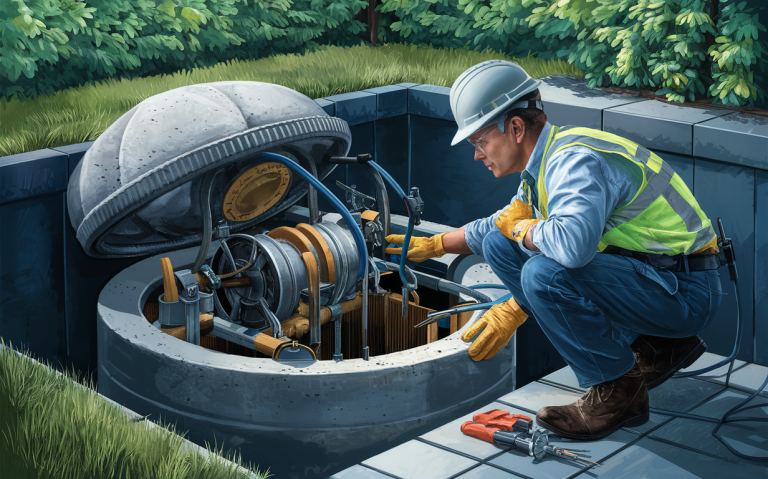


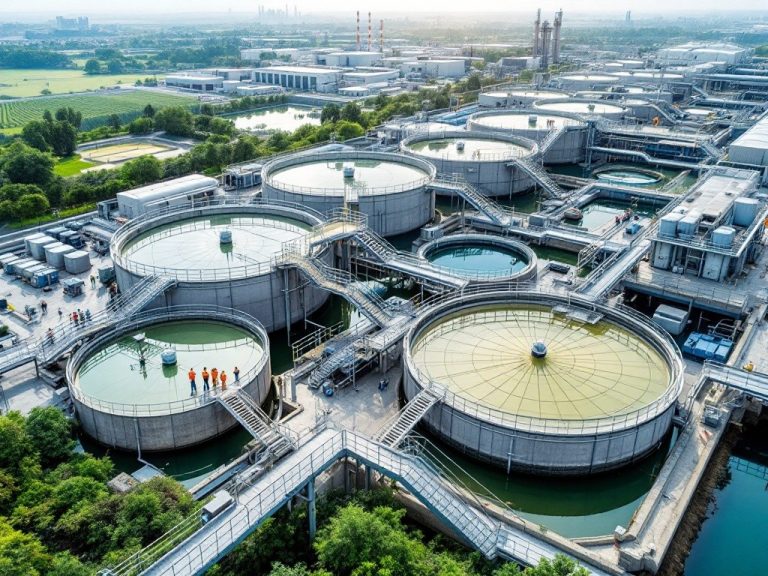
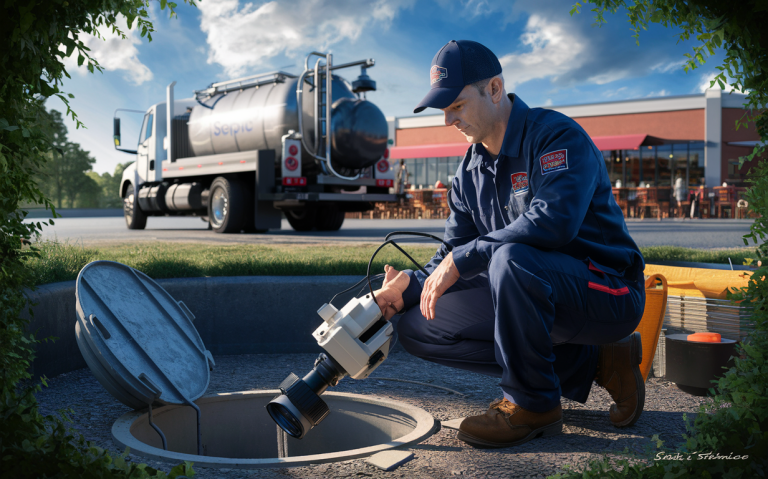
 Texway Wastewater Services is a septic, wastewater, and excavation company based out of Burleson, Texas and serving the surrounding areas. We specialize in
Texway Wastewater Services is a septic, wastewater, and excavation company based out of Burleson, Texas and serving the surrounding areas. We specialize in